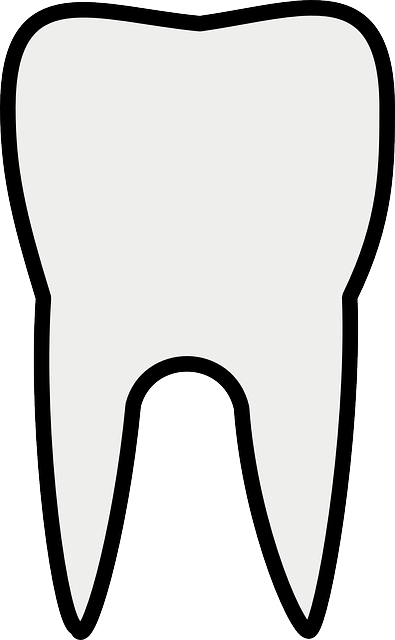
Wisdom teeth are the last molar teeth to develop in a person’s mouth, usually between the ages of 17 and 25. They get their name from being “the last tooth of wisdom,” which is when a person has become more mature and wiser.
These teeth are important because they can help with chewing and grinding food. However, due to overcrowding in the mouth, many people have trouble fitting these extra four molars. This can cause pain or complications such as infection; thus, wisdom teeth removal may be necessary.
There are three types of wisdom tooth extraction: simple extraction (where the dentist numbs the area around the tooth and removes it with forceps), surgical extraction (where part of the bone needs to be removed in order for the dentist to access and remove the tooth), or impacted wisdom teeth (where part of the tooth is embedded in the jawbone).
The Benefits Of Wisdom Tooth Removal
Wisdom tooth removal can significantly reduce the risk of overcrowding, cavities, and other dental issues. It also helps to prevent infections by removing any bacteria that may be trapped in the pockets between teeth or gums. Additionally, it can help to create room for properly aligned teeth and restore normal function. Finally, wisdom tooth extraction can improve a person’s overall oral hygiene by reducing the amount of plaque and tartar buildup around the area.
The Risks Of Wisdom Tooth Removal
In some cases, wisdom tooth extraction can cause pain and swelling after surgery as well as possible nerve damage if not performed correctly. Other risks include infection, dry socket (where the blood clot becomes dislodged from the socket, leaving the underlying bone and nerves exposed to infection), jawbone damage, and sinus problems.
It is important to discuss with a dentist before deciding whether or not wisdom tooth extraction is necessary. The dentist will examine your teeth, gums, and x-rays in order to determine if it is the best option for you.
Sign you need wisdom teeth removed
If you experience any of the following symptoms, it is important to see a dentist and schedule an exam: pain when chewing, swelling or redness around the gums, infection in your mouth or jawbone area, difficulty opening your mouth wide, and pressure in your ears. If you are in the Fleet or Hampshire area and looking for a good dentist I would personally recommend seeing ”dentist Kings Road”.
How does a dentist remove your wisdom teeth?
Once a dentist has determined that wisdom tooth removal is necessary, they will usually begin by numbing the area around the tooth to make it more comfortable. They will then use special tools to access and remove the tooth from its socket. Depending on the complexity of your case, additional steps may be required including bone grafting or stitching.
The recovery process
Following wisdom tooth extraction, it is important to take proper care of your mouth in order to avoid any complications. This includes avoiding strenuous activities for at least 24 hours after surgery, taking medications as prescribed (usually an antibiotic), eating soft foods, and avoiding drinking through straws or smoking cigarettes. Additionally, good oral hygiene practices such as brushing your teeth gently with a soft-bristled toothbrush and rinsing with a saltwater solution are important for the healing process.
Overall, wisdom teeth can be beneficial or detrimental depending on the individual’s situation. Removal of these teeth can help reduce overcrowding and other oral health issues but also carries its own risks. Those considering this procedure should consult with their dentist first in order to decide what is best for them.